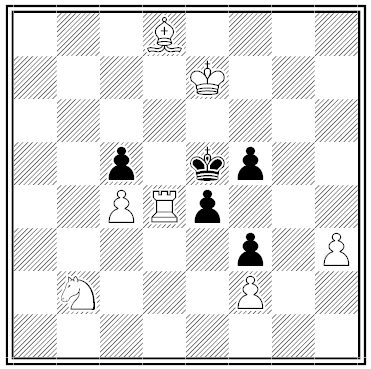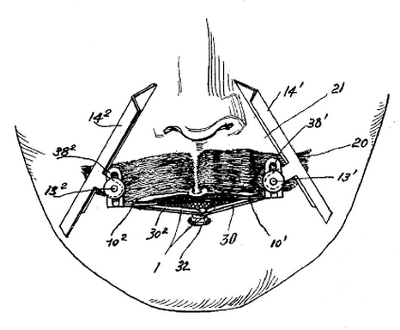
More aphorisms of Georg Christoph Lichtenberg:
- “A man who has once stolen his hundred thousand dollars can live honestly ever after.”
- “In the world we live in, one fool makes many fools, but one sage only a few sages.”
- “A double louis d’or certainly counts more than two singles.”
- “Non cogitant, ergo non sunt.” (They do not think, therefore they do not exist.)
- “Health is infectious.”
- “A donkey appears to me like a horse translated into Dutch.”
- “A man can never really know whether he isn’t sitting in a madhouse.”
- “Isn’t it strange? We always consider that those who praise us are competent critics, but as soon as they blame us, we declare them incapable of judging creations of the intellect.”
- “When sitting in a shabby carriage, one can actually put on such airs that the whole carriage looks good, and the horse too.”
- “Everyone is a genius at least once a year. The real geniuses simply have their bright ideas closer together.”
“Is it really so absolutely certain that our reason can know nothing metaphysical? Might man not be able to weave his ideas of God with just as much purpose as the spider weaves his net to catch flies? Or, in other words: might not beings exist who admire us as much for our ideas of God and immortality as we admire the spider and the silkworm?”





